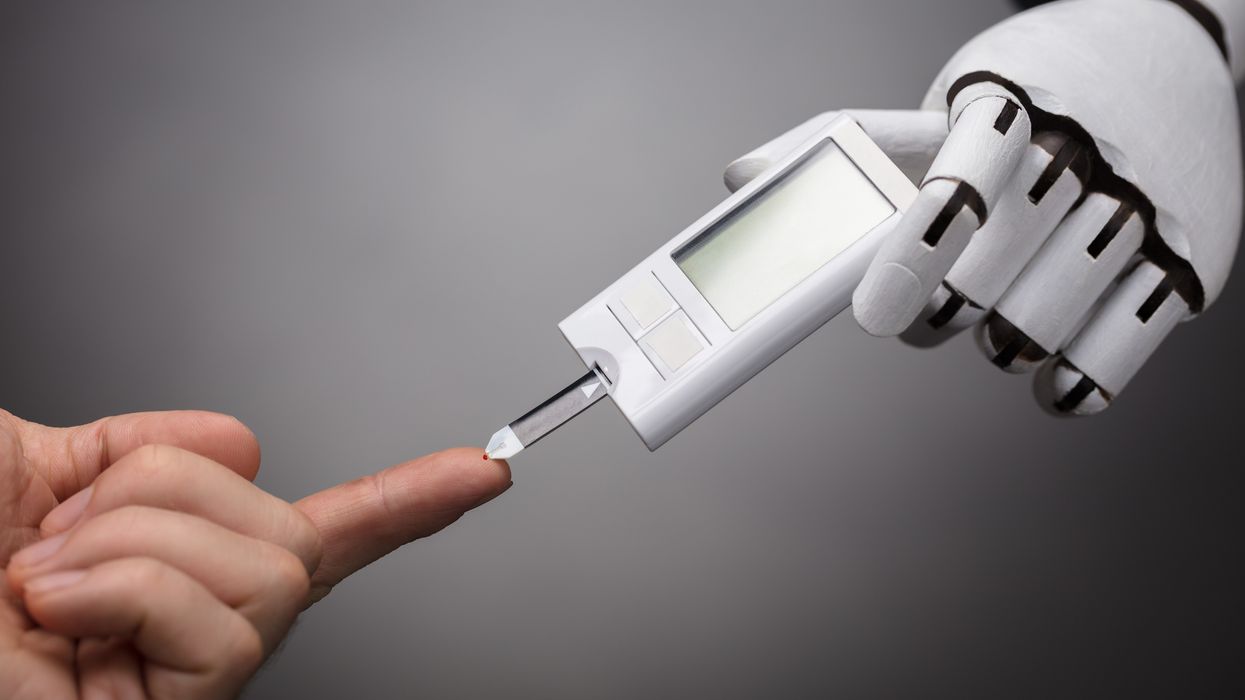THE NHS in England is set to launch a world-first trial of an artificial intelligence (AI) tool that predicts the risk of developing type 2 diabetes up to 13 years before symptoms appear.
The trial, scheduled for 2025, will take place at Imperial College Healthcare NHS Trust and Chelsea and Westminster Hospital NHS Foundation Trust, The Guardian reported.
The AI technology, known as Aire-DM, analyses electrocardiogram (ECG) readings during routine heart scans to detect subtle changes in the heart's electrical activity. These changes, which are too small to be noticed by the human eye, could indicate a future risk of type 2 diabetes.
Type 2 diabetes, which affects over 500 million people globally, is a leading cause of blindness, kidney failure, heart attacks, strokes, and amputations.
Experts estimate that the number of cases worldwide could reach 1 billion by 2050, the newspaper reported. The new AI tool offers the potential for early interventions, such as dietary and lifestyle changes, to prevent or delay the onset of the disease.
The technology was developed by a team led by Dr Fu Siong Ng and Dr Arunashis Sau at Imperial College London.
They used 1.2 million ECG records and validated the tool using data from the UK Biobank, which contains medical and genetic records of over 500,000 participants. Aire-DM identifies patterns in ECGs that are more common among those likely to develop diabetes in the future.
The tool has shown a predictive accuracy of about 70 per cent across diverse demographics, with accuracy improving further when combined with clinical and genetic data, The Guardian reported.
Dr Libor Pastika, a clinical research training fellow at Imperial, described the technology as a “revolutionary” way to predict type 2 diabetes risk early and enable preventive care.
Professor Bryan Williams, the British Heart Foundation's chief scientific and medical officer, added that this development could be a “gamechanger” in tackling a rapidly growing health challenge.





